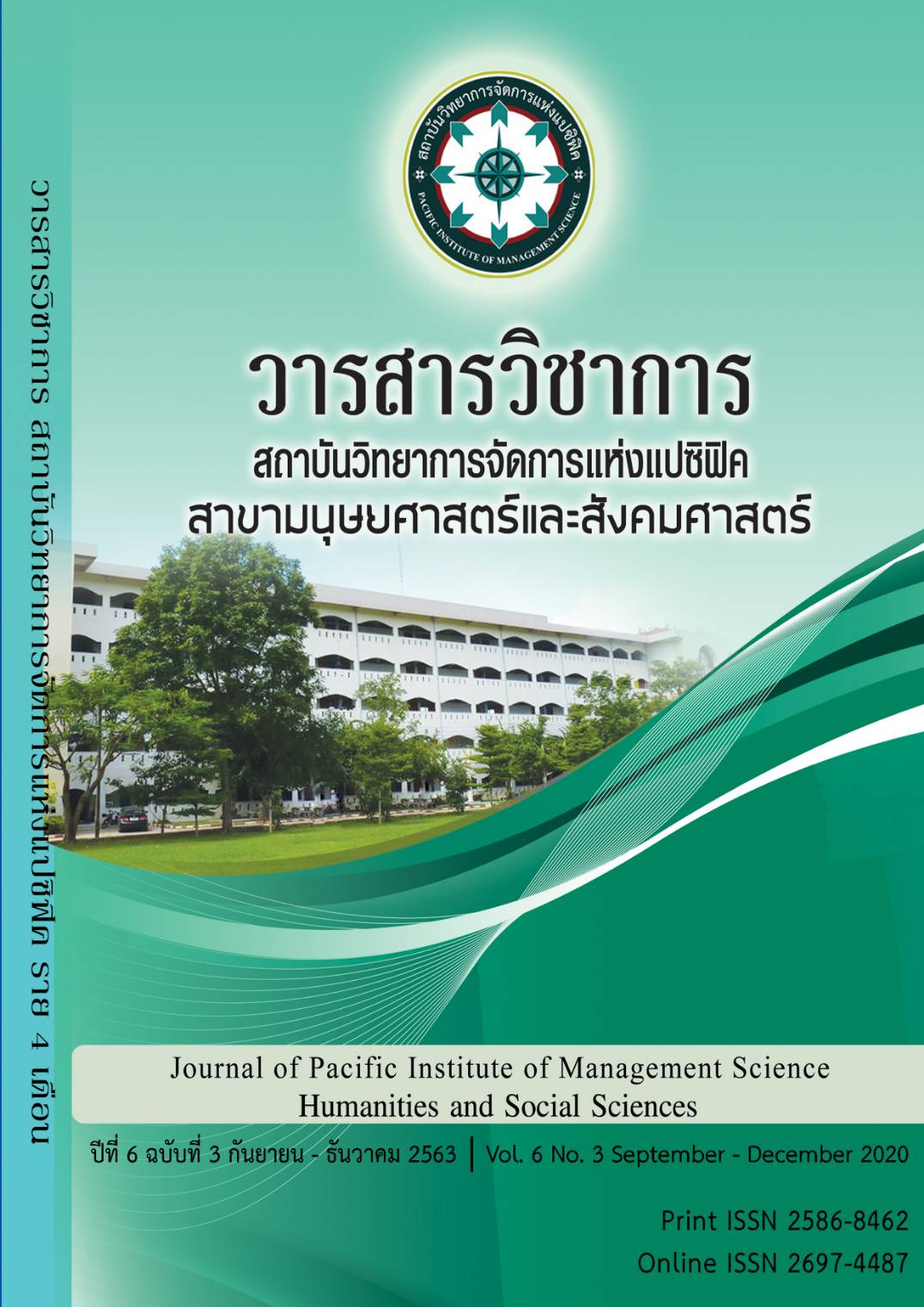Intelligent management of community waste To increase efficiency in the environmental management of the community
Keywords:
Management, Community waste, Intelligent systemAbstract
Intelligent management of community waste To increase efficiency in the environmental management of the community The objectives are 1) to establish a smart community waste management system, and 2) to help communities manage waste effectively. In developing the system, tools were used, namely Point of Sale (POS). That uses the working principle of a cash register Developed on computers Touch screen computer Mobile for Run Application Test and Waste Weighing Scale The system will be an intermediary in the purchase of waste. People in the community must apply for membership in the system. To save the data And when the waste is weighed, the system will record the information on the sale of waste There is a collection of garbage types. And select the type of waste to be sold After that, the system will calculate the weight that is sent from the scale and calculate the price after the system will save the purchase information and print the receipt to the member. And members can check the deposit information through the application.
References
วิกรม กรมดิษฐ์. (2554). ขยะปัญหาของโลก ใน เอกสารความรู้ สดร. ลาดับที่ 5 ปีงบประมาณ 2554. กรุงเทพฯ: สถาบันดารงราชานุภาพ.
สำนักงานคณะกรรมการกำกับกิจการพลังงาน. (2562). ทำความรู้จัก "ธนาคารขยะ" เพิ่มมูลค่าของเหลือใช้แถมสร้างรายได้ให้ครอบครัว. สืบค้นวันที่ 7 มิถุนายน 2563. จากhttps://erc.kapook.com/ article12.php
สุชาดา พลาชัยภิรมย์ศิล. (2554). แนวโน้มการใช้โมบายแอพพลิเคชัน. วารสารนักบริหาร.31(4). สืบค้นวันที่ 7 มิถุนายน 2563. จาก http://www2.feu.ac.th/acad/llrc/JID/Detail.aspx?id=406
Mango Consultant Co., Ltd. (2015) Application แอพพลิเคชัน คืออะไร. สืบค้นวันที่ วันที่ 7 มิถุนายน 2563. จาก https://www.mangoconsultant.com/
Downloads
Published
Issue
Section
License
บทความที่ได้รับการตีพิมพ์เป็นลิขสิทธิ์ของ สถาบันวิทยาการจัดการแห่งแปซิฟิค
ข้อความที่ปรากฏในบทความแต่ละเรื่องในวารสารวิชาการเล่มนี้เป็นความคิดเห็นส่วนตัวของผู้เขียนแต่ละท่านไม่เกี่ยวข้องกับสถาบันวิทยาการจัดการแห่งแปซิฟิค และคณาจารย์ท่านอื่นๆในสถาบันฯ แต่อย่างใด ความรับผิดชอบองค์ประกอบทั้งหมดของบทความแต่ละเรื่องเป็นของผู้เขียนแต่ละท่าน หากมีความผิดพลาดใดๆ ผู้เขียนแต่ละท่านจะรับผิดชอบบทความของตนเองแต่ผู้เดียว







